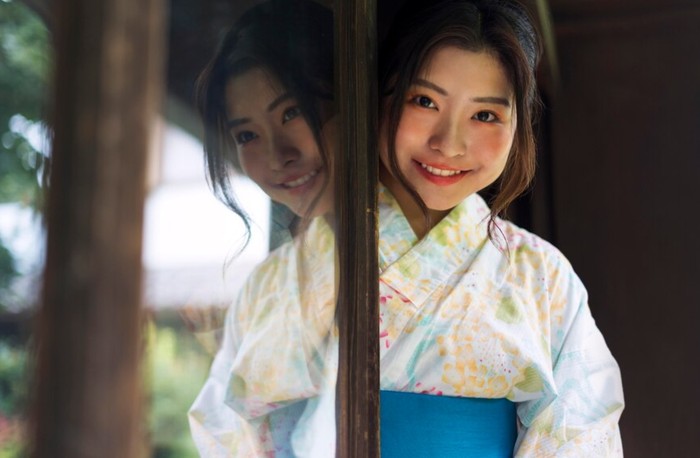- Posted on
- • Culture
5 Japanese Life Concepts for Personal Development
- Author
-
-

- User
- Aira Nicole
- Posts by this author
- Posts by this author
-

Japanese Life Concepts. Photo: freepik.com/freepik.
Japan stands out as a source of inspiration for the world across various sectors, including finance, health, pop culture, and gastronomy. The philosophies ingrained in Japanese life reflect a holistic and harmonious way of living. Many of these principles have gained popularity and are followed by numerous countries globally.
According to Lifestyle Asia, here are 5 Japanese life concepts that serve as guiding principles for personal development:
1. Wabi-Sabi
Wabi-Sabi signifies the appreciation of beauty in imperfection. The term wabi denotes finding joy in solitude, while sabi pertains to the beauty found in aging, decay, and the passage of time.
Embracing wabi-sabi means acknowledging that perfection is an illusion. It encourages us to accept life in its entirety, along with all its challenges.
This philosophy is reflected in the Japanese fondness for vintage clothing, preserved books in museums, and unique artifacts.
2. Omotenashi
The principle of Omotenashi has its roots in Japanese culture dating back to 794 to 1185 AD. This concept emphasizes genuine hospitality without expecting anything in return.
It manifests in the everyday lives of the Japanese people, showcasing the cultural practice of bowing as an expression of respect. This simple kindness extends to both acquaintances and strangers, reinforcing a belief in accumulating positive karma.
The Japanese value selfless acts of kindness, believing that good intentions will return to them in various ways.
3. Omoiyari
Omoiyari translates to having consideration for others. It involves simple, compassionate actions directed at those around us in public spaces. One common practice reflecting this mindset is cleaning up public areas after use.
4. Kaizen
Kaizen combines two words: “Kai,” meaning change, and “zen,” signifying good. This principle stands for the pursuit of continuous improvement.
Kaizen is credited with helping Japan rebuild its economy after World War II and can also be applied on an individual level. It encourages breaking down larger life goals into manageable daily objectives, promoting a sense of stability with minimal energy expenditure.
5. Shibumi
Shibumi refers to the Japanese appreciation of understated and aesthetic beauty. This concept emphasizes the importance of minimalism, advocating for elegance and simplicity not just in appearance but also in lifestyle choices. It is evident in various aspects of Japanese culture, including architecture, pottery, and even martial arts.
These five Japanese life concepts offer valuable lessons for everyday living and personal growth. Are you ready to incorporate them into your life?